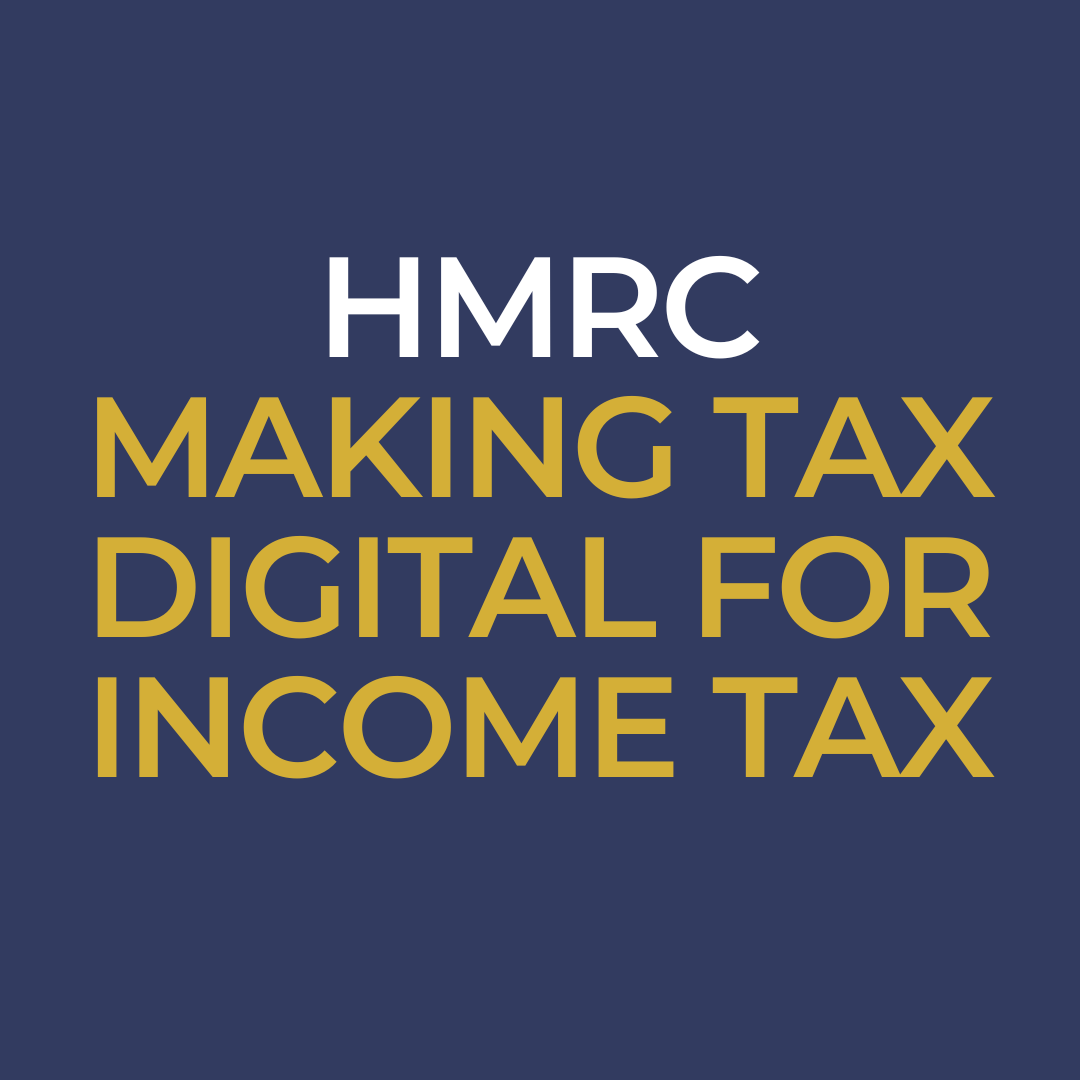Making Tax Digital for Income Tax Self Assessment (MTD for ITSA) is a UK government initiative designed to digitise the tax system for individuals who are self-employed or landlords. Here’s a breakdown of what it means, who it affects, and what you need to do:
What is MTD for ITSA?
Making Tax Digital for Income Tax Self Assessment (MTD for ITSA) is a government initiative that requires taxpayers to:
-
Keep digital records of income and expenses.
-
Submit quarterly updates to HMRC using compatible software.
-
Submit an end-of-period statement (EOPS) and a final declaration (replacing the Self Assessment tax return).
Who Will Be Affected?
MTD for ITSA will apply to:
-
Self-employed individuals and landlords with total business and/or property income over £50,000 from April 2026.
-
Those earning over £30,000 will be brought in from April 2027.
Important: If your income is below £30,000, MTD does not yet apply — but HMRC may expand it further in the future.
Key Dates
| Date | Milestone |
|---|---|
| April 2026 | MTD for ITSA starts for income over £50,000 |
| April 2027 | Expanded to those with income over £30,000 |
| Future | Possible inclusion of partnerships and lower incomes (not yet confirmed) |
What You’ll Need to Do
-
Use MTD-compatible software (Amica Accounting use Xero).
-
Keep digital records of all business income and expenses.
-
Send quarterly updates to HMRC (summary of income and expenses).
-
Submit an End of Period Statement (EOPS) at the end of your accounting year.
-
Submit a Final Declaration confirming all income sources (similar to the Self Assessment return).
Example Timeline (for a typical April to April tax year)
| Quarter Ends | Due Date for Quarterly Update |
|---|---|
| 30 June | 5 August |
| 30 Sept | 5 November |
| 31 Dec | 5 February |
| 31 March | 5 May |
Benefits of MTD
-
Reduces tax errors.
-
Helps you stay on top of tax obligations.
-
May improve cash flow through more frequent updates
How to Prepare Now
-
Check your income level to see when you’ll be required to join.
-
Choose MTD-compatible software if you haven’t already.
-
Start keeping digital records even if you’re not yet mandated — good practice.
-
Speak to your accountant or tax adviser if unsure.
Or for a simpler way of working, get in touch with us today and we can help you navigate the new changes!

